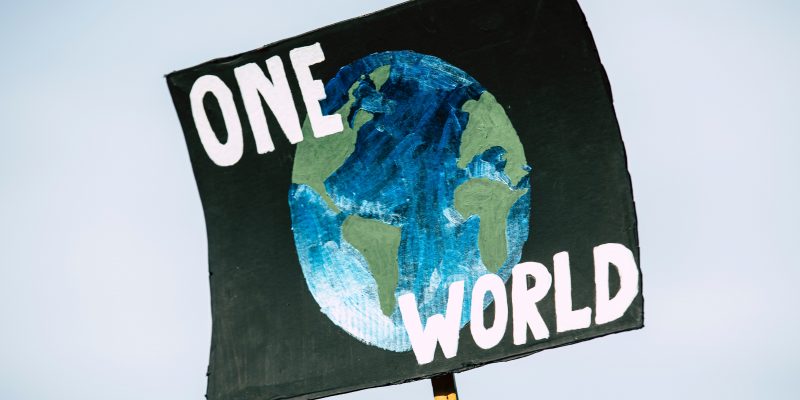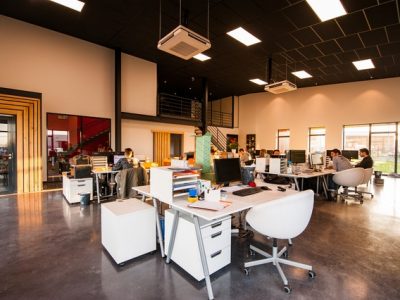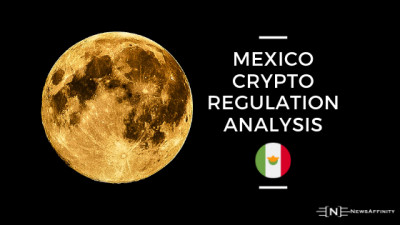Over the past 150 years, global CO2 emissions have risen steadily, with around 55 billion tons released into the atmosphere in 2019 alone. This figure increases each year due to our destructive activities like burning fossil fuels and cutting down rainforests, which adds to the greenhouse gases released into the atmosphere.
This shows how critical environmental preservation is if we are to avoid oblivion. It’s this desire to fight the rapidly changing climate and preserve the planet that led to the inception of MOSS in March of 2020. The startup offers a blockchain-based platform that makes it easy to offset one’s carbon emissions by purchasing carbon credits. Those credits are tokenized regular carbon credits, created with the help of blockchain technology.
Within a short time, MOSS has managed to set a few records. It’s the first blockchain-based platform for preserving the environment by selling carbon credits as digital tokens transparently and straightforwardly. This platform has a native token, MOSS Carbon Credit (MCO2), which is programmable, allowing its users to embed carbon offsetting in other blockchain-based solutions.
By putting things on the blockchain, MOSS is able to eliminate intermediaries and transaction bureaucracy. Certified and registered credits had to be custodied at registries charging high fees for their services in the past. But thanks to the blockchain, all of the essential details are embedded in the code. These ushers in an era of high credibility, transact ability, and low transaction costs. As a bonus, this approach helps destroy potential oligopolies.
The Role Of MCO2
MCO2 is an Ethereum-based token of which each unit represents one carbon credit equivalent to one ton of CO2 emission avoided. The SEC and CFTC view carbon credits as commodities rather than financial instruments, derivatives, or securities. After all, it is easy to transfer ownership or be used to offset carbon emission as long as its following the set rules of the governing bodies.
The traditional carbon credits market is an analog market that has not seen much innovation since its inception. In this modern-day and age, that is no longer acceptable. The MOSS team took it upon themselves to change that narrative with Ethereum’s blockchain’s help. A modern solution was born, and one that promotes inclusivity and transparency.
Companies and consumers holding the MCO2 tokens can transfer them between Ethereum addresses freely and even send them to an address specified by the startup to make them unusable by anyone else. This act will lead to the corresponding carbon credits’ offset and help the holder digitally offset their emissions.
So far, the MCO2 token has managed to enter the top 200 tokens with a total valuation of over $40 million. Anyone interested in the token can find it on FlowBTC, a Brazilian platform. Other trading providers will facilitate global availability.
Ever since the token went live, MOSS has managed to send over $10 million in proceeds to various conservation projects-based in the Amazon forest. All of this has been achieved in just eight months. These contributions are the largest ever made by a private entity.
The startup has also managed to become the largest platform of voluntary carbon credits globally. Company records show the platform has bought and sold over 900,000 tons of carbon credits equivalent to $25 million within its short existence. These efforts have helped conserve one million hectares of rainforest so far, equal to a small country like Jamaica, Qatar, or Lebanon.
Transparency and Accountability
As a voluntary market player, trust and credibility are crucial. That is why MOSS’ processes have to be audited rigorously. From the token minting process to allocating carbon credits, every step is put under the microscope by independent auditing firms. These include Perkins Coie, CertiK, and others. Furthermore, by choosing to operate on the blockchain, MOSS increases its credibility, as all of its processes are transparent for all to see.
What seems to drive this platform is the belief that the solution to combat climate change lies within the private market, which has remained unchanged for the past two decades. Of the 55 billion tons of CO2 released to the atmosphere each year, only 11 billion are offset, leaving an 80% deficit. Sadly, carbon credits from the voluntary market cover only 1% of the global compensation, leaving a lot of room for growth. Through this blockchain-based efforts, those numbers will hopefully start looking up in the years to come.
By putting carbon credits on the blockchain, MOSS has made what was once a complicated process simple and transparent. The team has managed to become the largest carbon credit tokenization project in history in the same breath. The time for change is now, and everyone is invited to participate.

















Comments